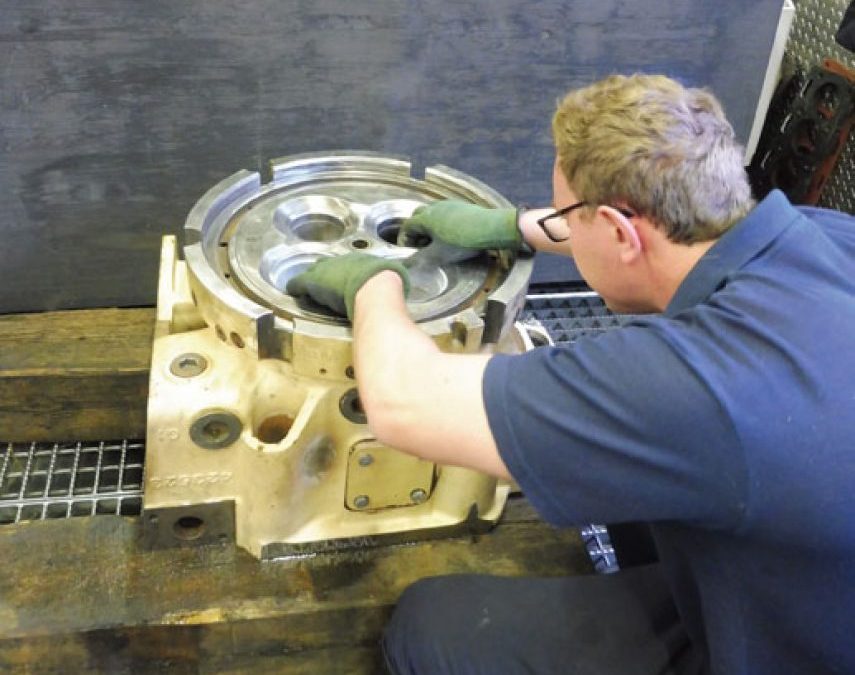AS South Africa looks to make greater use of natural gas – and even landfill gas – in the generation of electricity, the good news is that the country has world class engine component remanufacturing capacity to optimise the lifespan and reliability of these generating sets.
That’s according to Andrew Yorke, Operations Director at Metric Automotive Engineering, a Germiston-based company specialising in the remanufacturing of diesel and gas engine components for original equipment manufacturers (OEMs).
“Making more use of gas as a power source is an exciting prospect for South Africa, both in terms of its reasonable cost and its lower environmental impact. However, equally positive is the fact that the expertise and state-of-the-art equipment to remanufacture these engine components is already here, and doing this work locally supports the economy, reduces turn-around times and cuts costs,” said Yorke.
He added that while natural gas is generally a clean burning fuel, landfill creates a much harsher environment for an engine, as it is difficult to control the level of contaminants in gas that emanates from any particular landfill. This significantly reduces the intervals that the engine will require between maintenance interventions.
“The relatively poor quality of gas requires advanced ignition monitoring systems in the engine, but the wear rates remain high due to the highly abrasive post-combustion residue, despite filtering of the gas.
“With natural gas, for example, cylinder heads will need to be replaced every 20,000 to 30,000 hours. With engines burning landfill gas, however, they could require attention as early as every 5,000 hours.”
The company has already been conducting work for customers in the both the natural gas and landfill gas segments, where the generating capacity of the engines is usually between 1 MW and 10 MW. The company also provides customers with service exchange units, to enhance efficiency in the maintenance process and reduce downtime.
“Service exchange units allow customers to have remanufactured components like cylinder head assemblies readily available to take to site when worn components need replacement,” Yorke said.
“These engines are designed to have certain major components replaced in the field, so it makes no sense to be procuring these services from abroad where most of the original equipment comes from.”
He highlighted the importance of high-quality workmanship in conjunction with a disciplined and well-resourced maintenance schedule to optimise the performance and lifespan of these engines, while delivering lowest cost of ownership to the operator and reliable energy supply to the end- customer. Other items that the company remanufactures include valve-train components, connecting rods, crankshafts and cylinder blocks.

